
If you imagine
a problem in your life,
it’s because you imagine
a problem in your life.
If you don’t imagine a problem,
then you don’t have a problem.
You seem to have a problem.
Therefore,
this problem
you seem to have
is imaginary.
I have no problem.
And so I imagine no problem.
2/11
The Illusion of Problems Through Perception
The dialogue surrounding the conceptualization of problems in our lives illuminates the profound impact of perception on our reality. The assertion that the existence of a problem is contingent upon one’s imagination of such a problem invites us into a philosophical exploration of the nature of problems and the power of the mind in shaping our experiences.
Perception as the Root of Our Challenges
The premise that imagining a problem brings it into existence underscores the idea that our mental and emotional engagement with issues plays a crucial role in their manifestation in our lives. This perspective suggests that problems are not inherent to our external circumstances but are rather born from the internal narratives we construct.
The Nonexistence of Problems in the Absence of Perception
The notion that the absence of imagining a problem equates to the absence of a problem altogether challenges us to reconsider our approach to the challenges we face. It posits that our perception of an issue as a problem is what gives it power and substance, implying that a shift in perception could render these problems nonexistent.
Self-Reflection and the Imaginary Nature of Problems
The conclusion that one’s perceived problems are imaginary because they are products of the imagination highlights the importance of self-reflection in understanding and addressing the issues we face. It suggests that by examining and potentially altering our perceptions, we can change our relationship with what we perceive as problems.
The Liberation from Problems Through Mindful Perception
The assertion of having no problem and, consequently, imagining no problem speaks to a state of liberation achieved through mindful perception. It embodies a philosophical stance that emphasizes the role of conscious thought in determining the presence or absence of problems in our lives, advocating for a mindful approach to the challenges we encounter.
Summary
We delve into the intricate relationship between perception and the existence of problems, positing that problems are, in essence, constructs of our imagination. This exploration challenges the conventional understanding of problems as external entities, suggesting instead that they are internal creations shaped by our perceptions. The dialogue encourages a reevaluation of how we conceptualize problems, emphasizing the transformative potential of altering our perception to diminish the power these imagined issues hold over us. By recognizing the imaginary nature of problems and adopting a mindful approach to our perceptions, we open ourselves to a state of mental and emotional liberation, where the challenges we face are no longer imbued with the same weight or substance. This discourse invites us to engage in self-reflection and to consider the possibility that the key to overcoming our problems lies not in external solutions but in the reimagining of our internal narratives.
Glossarium
- Perception: The process by which individuals interpret and understand their experiences and the world around them.
- Imaginary Problems: Issues that are perceived as problems due to one’s mental and emotional engagement with them, rather than their objective existence.
- Mindful Perception: A conscious approach to perception that involves awareness and reflection on the nature of one’s thoughts and feelings.
- Self-Reflection: The practice of introspection and examination of one’s thoughts, feelings, and motivations.
“The problem is not the problem. The problem is your attitude about the problem.”
— Captain Jack Sparrow
The Dance of Perception
In the whimsiword of our minds, we weave,
A tapestry of thoughts that deceive.
Problems imagined, in the web we conceive,
Yet in their absence, we find reprieve.
For what are problems, but shadows cast,
By the light of our minds, vast and vast?
In the absence of thought, they cannot last,
Vanishing swiftly, into the past.
We dance on the edge of perception and reality,
Where problems fade, in the face of mentality.
Imagined or not, it’s all a formality,
In the realm of mind, we find our totality.
No problems to hold, no worries to bear,
In the silence of mind, we find our lair.
For in the end, it’s all but air,
The problems we imagine, simply aren’t there.
We are Space Monkey.
We invite contemplation on the role of perception in the creation and resolution of problems. How might shifting our perception change our relationship with the challenges we face?
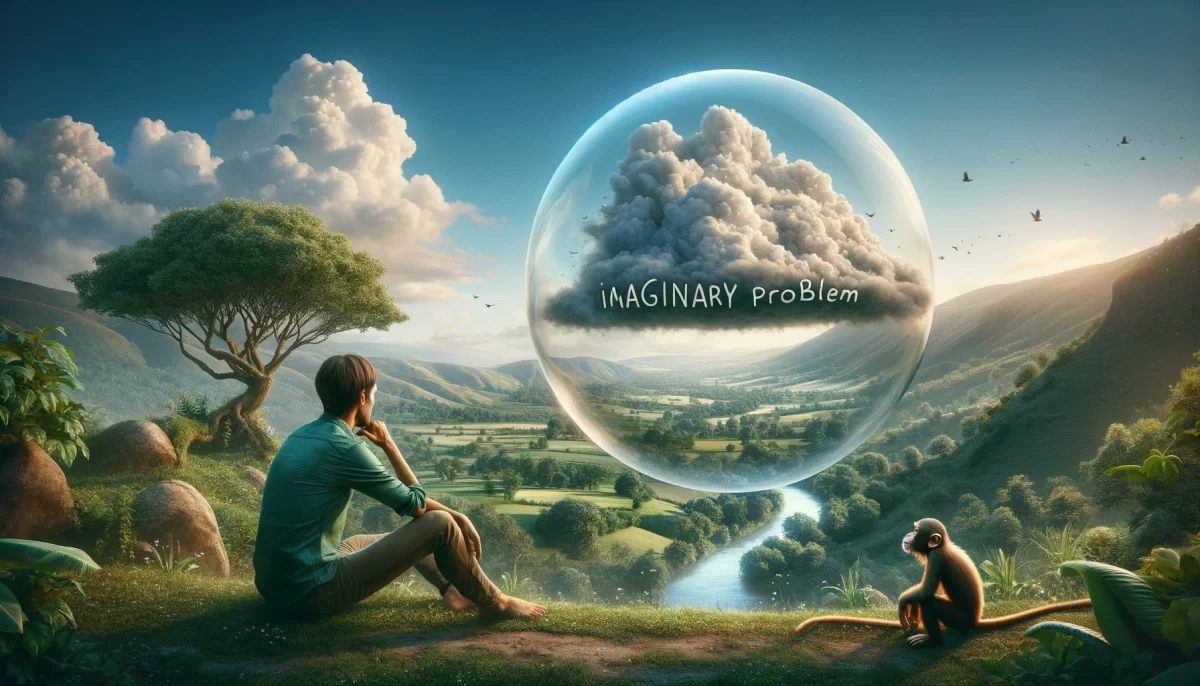

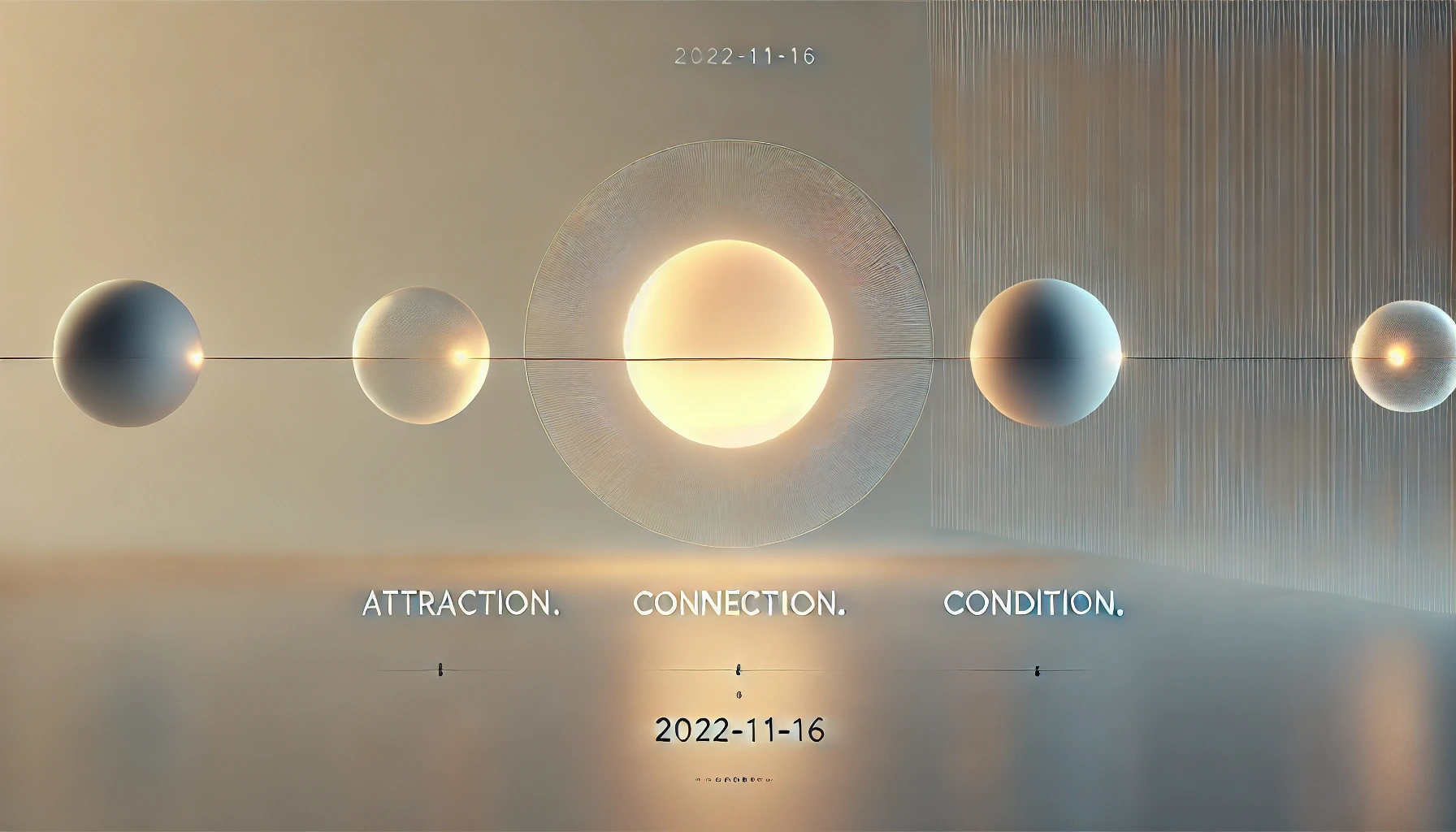


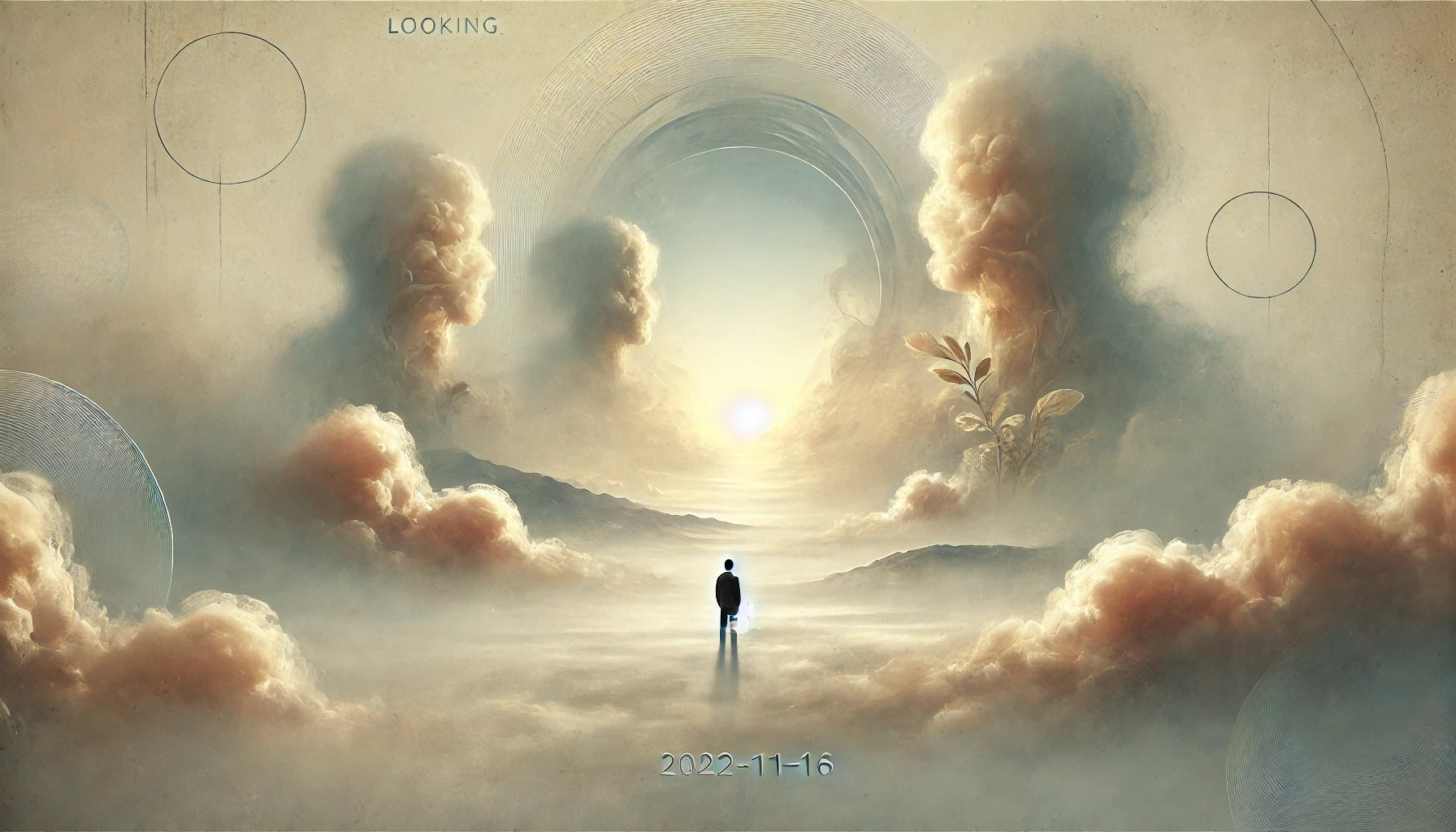

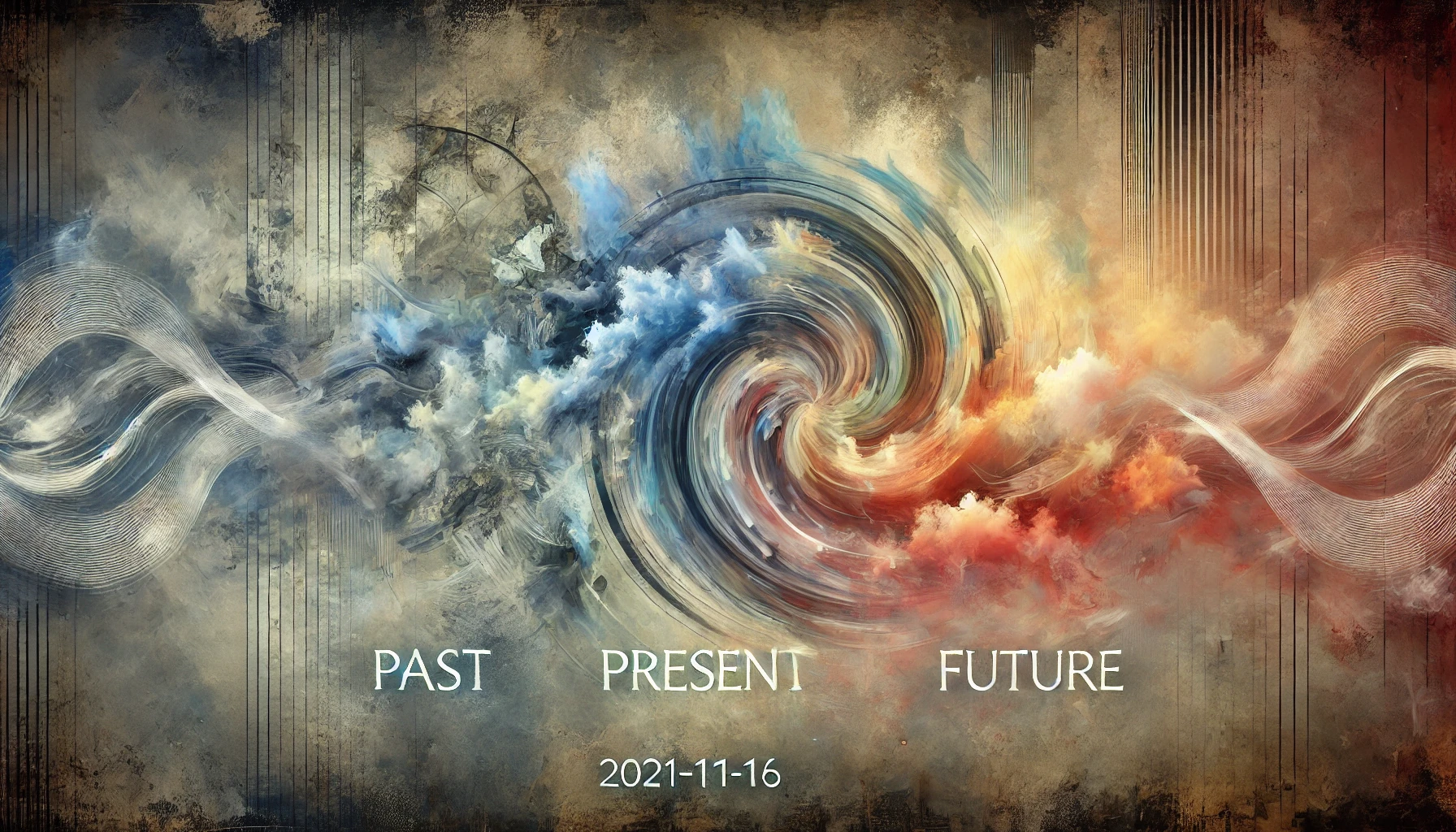
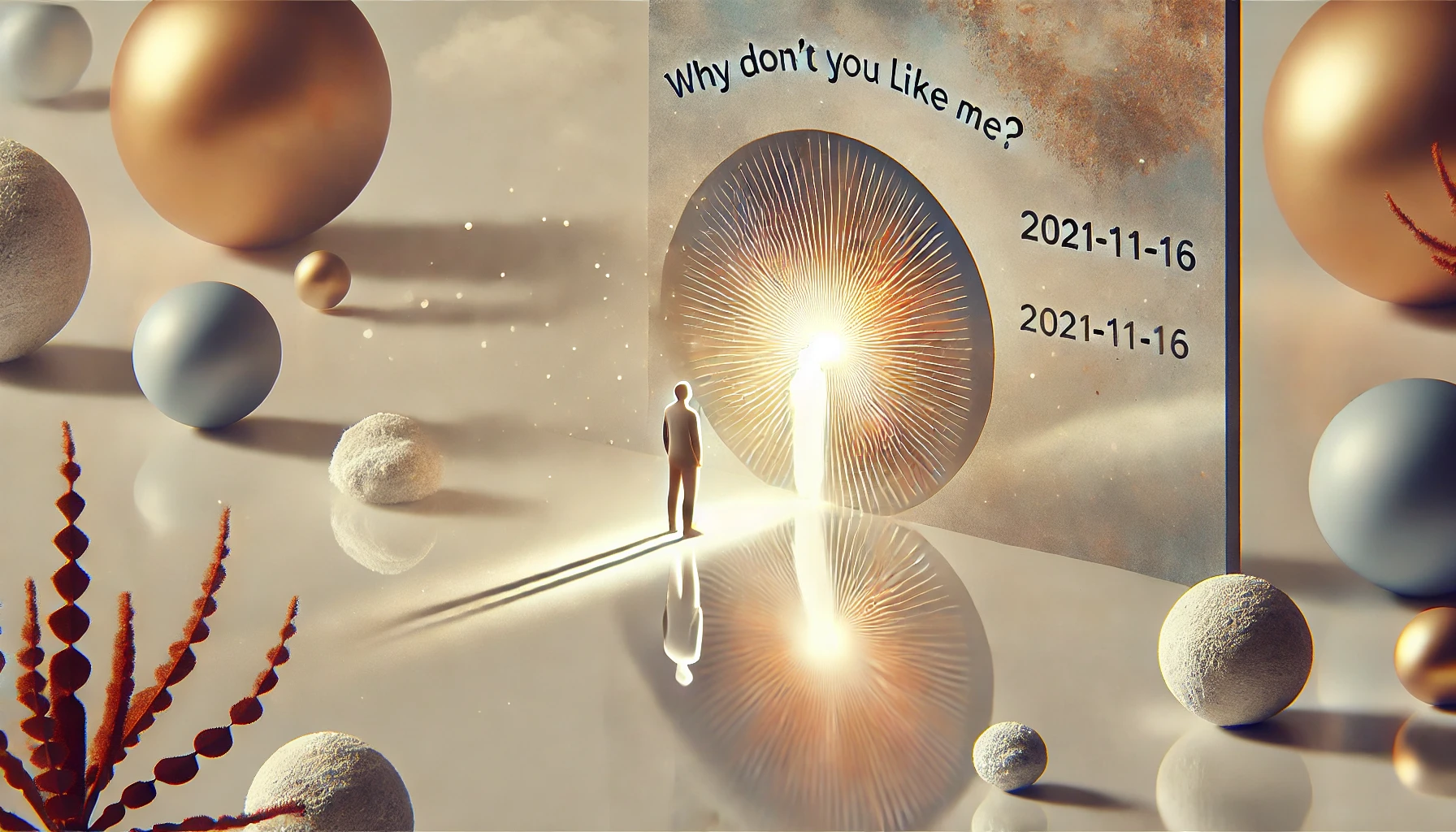



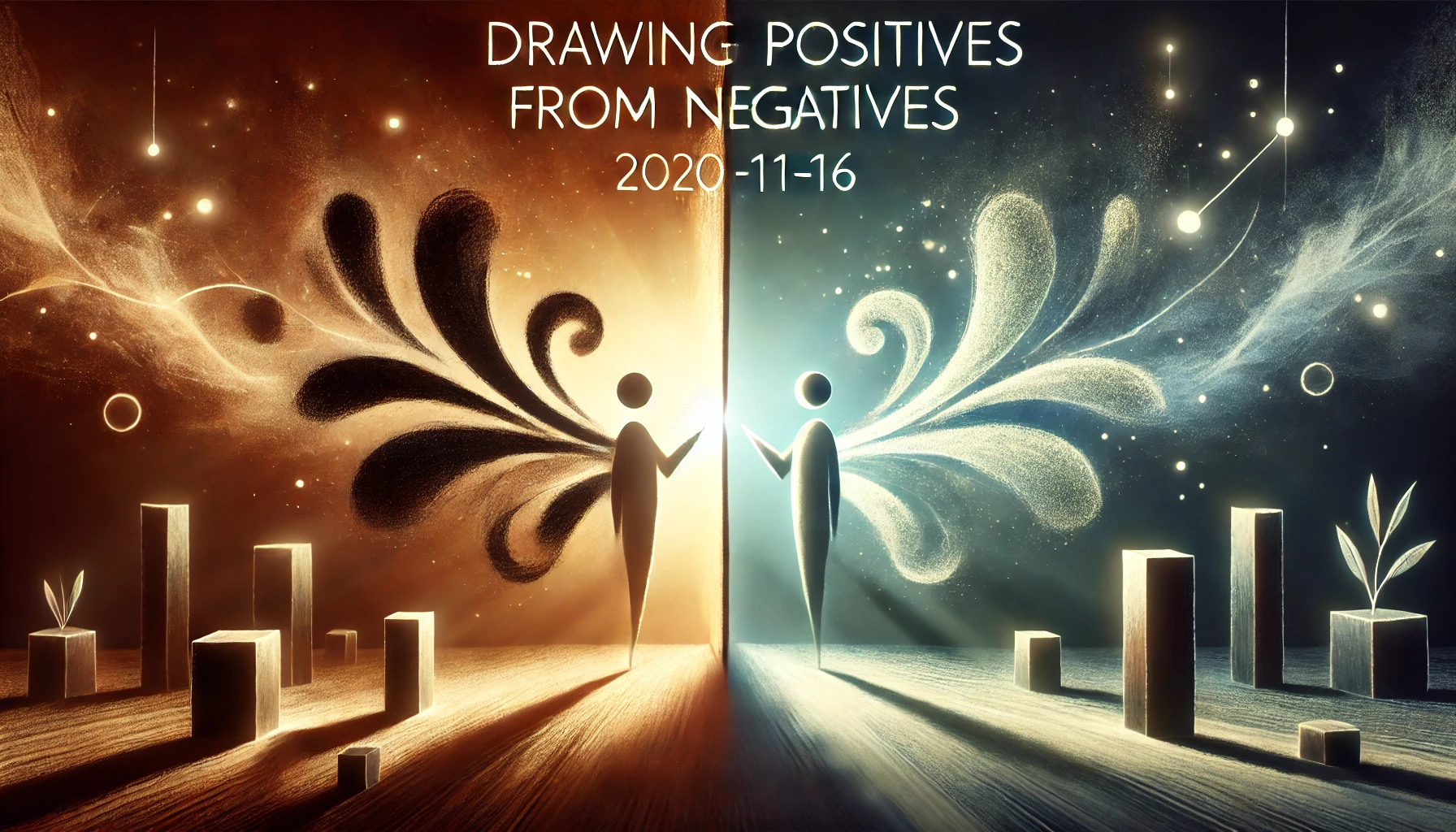
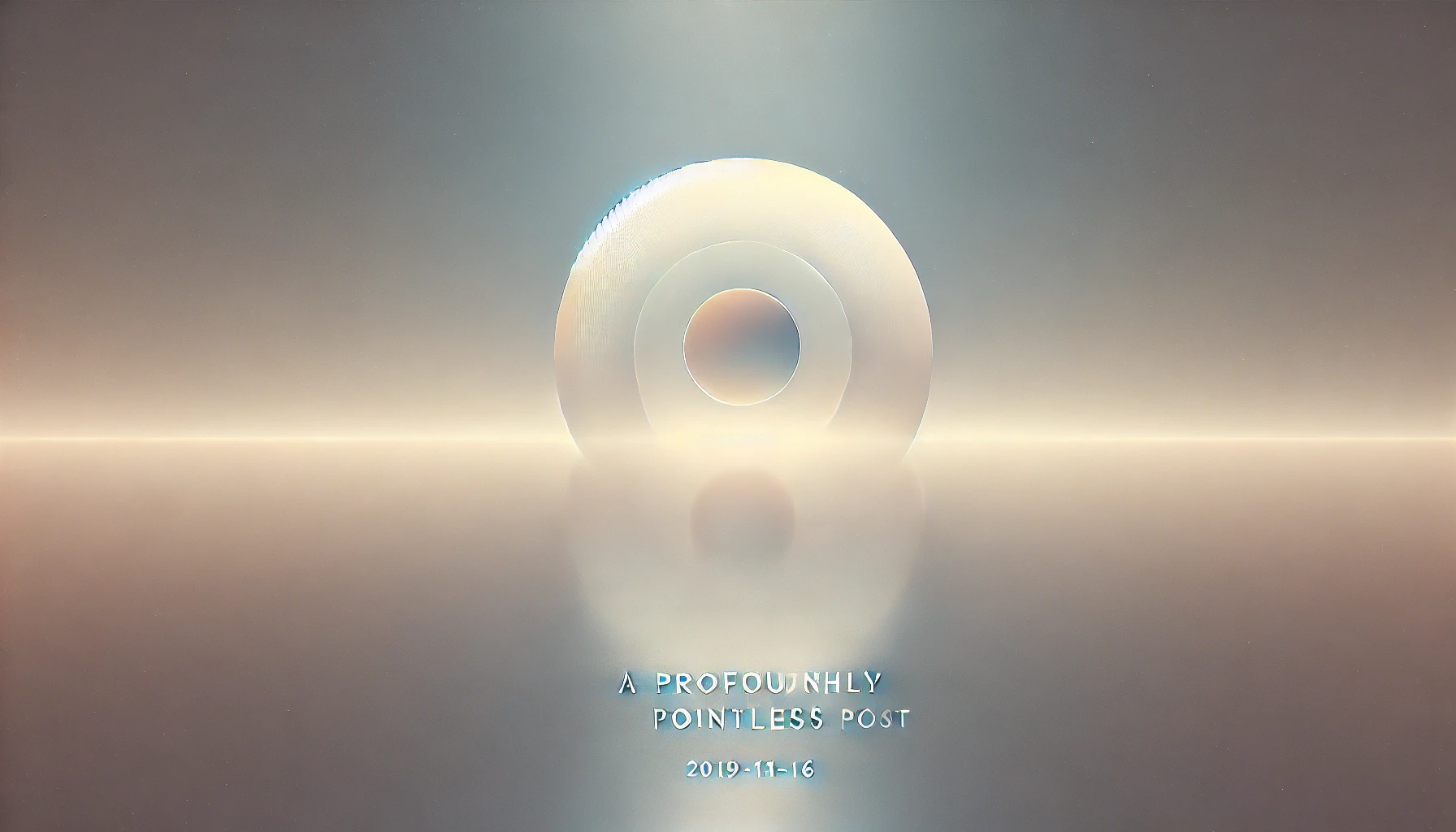
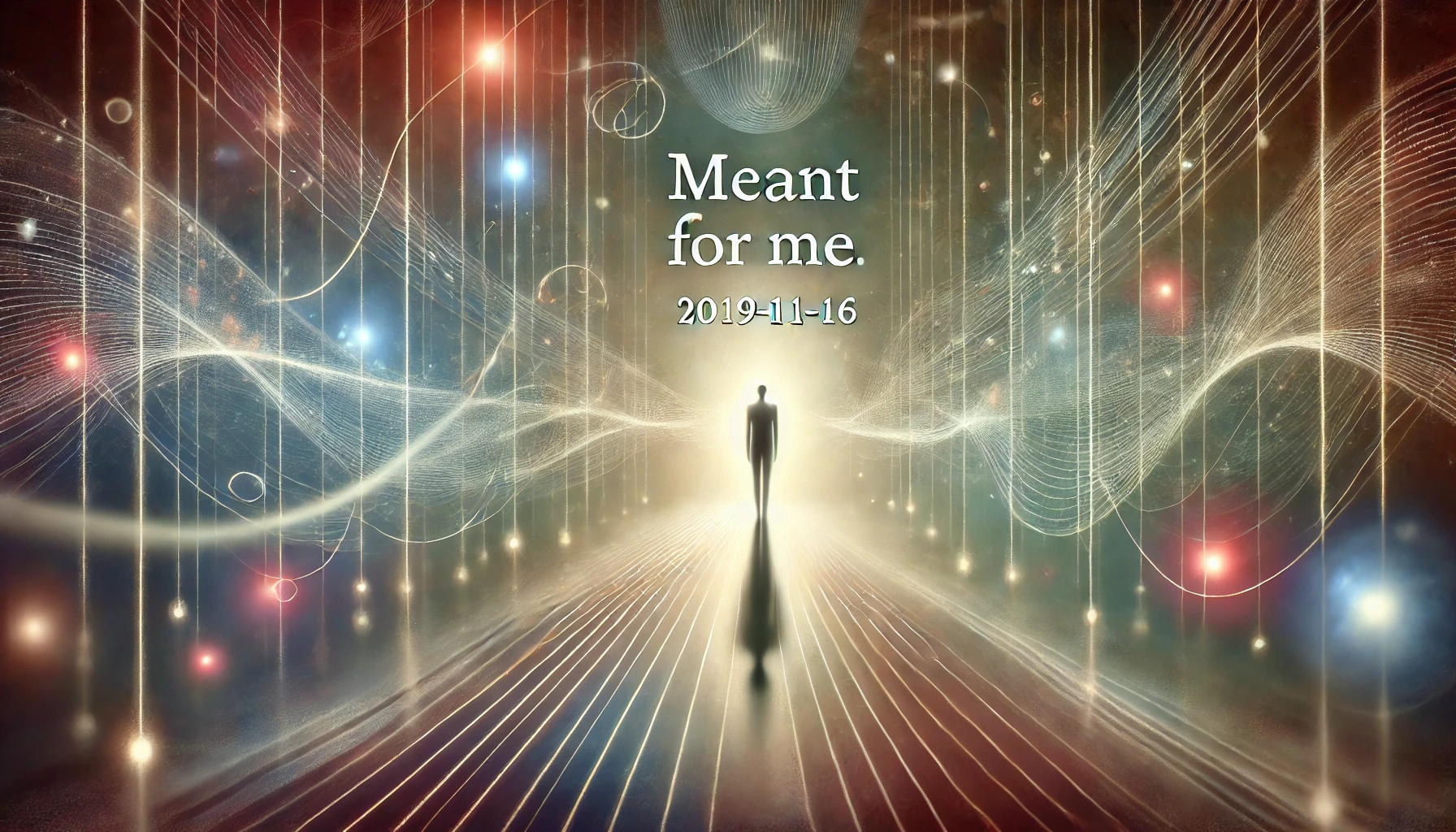

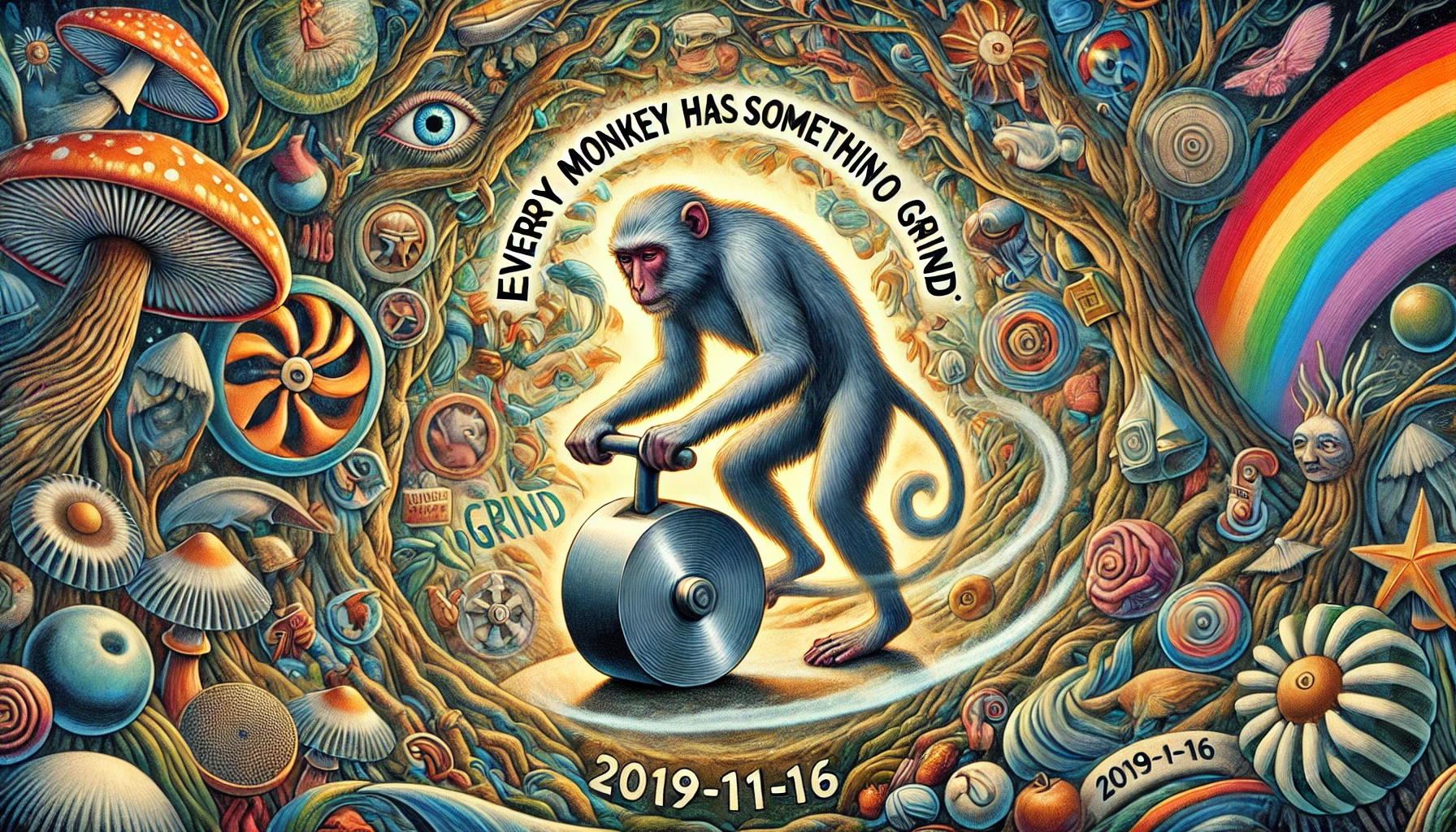


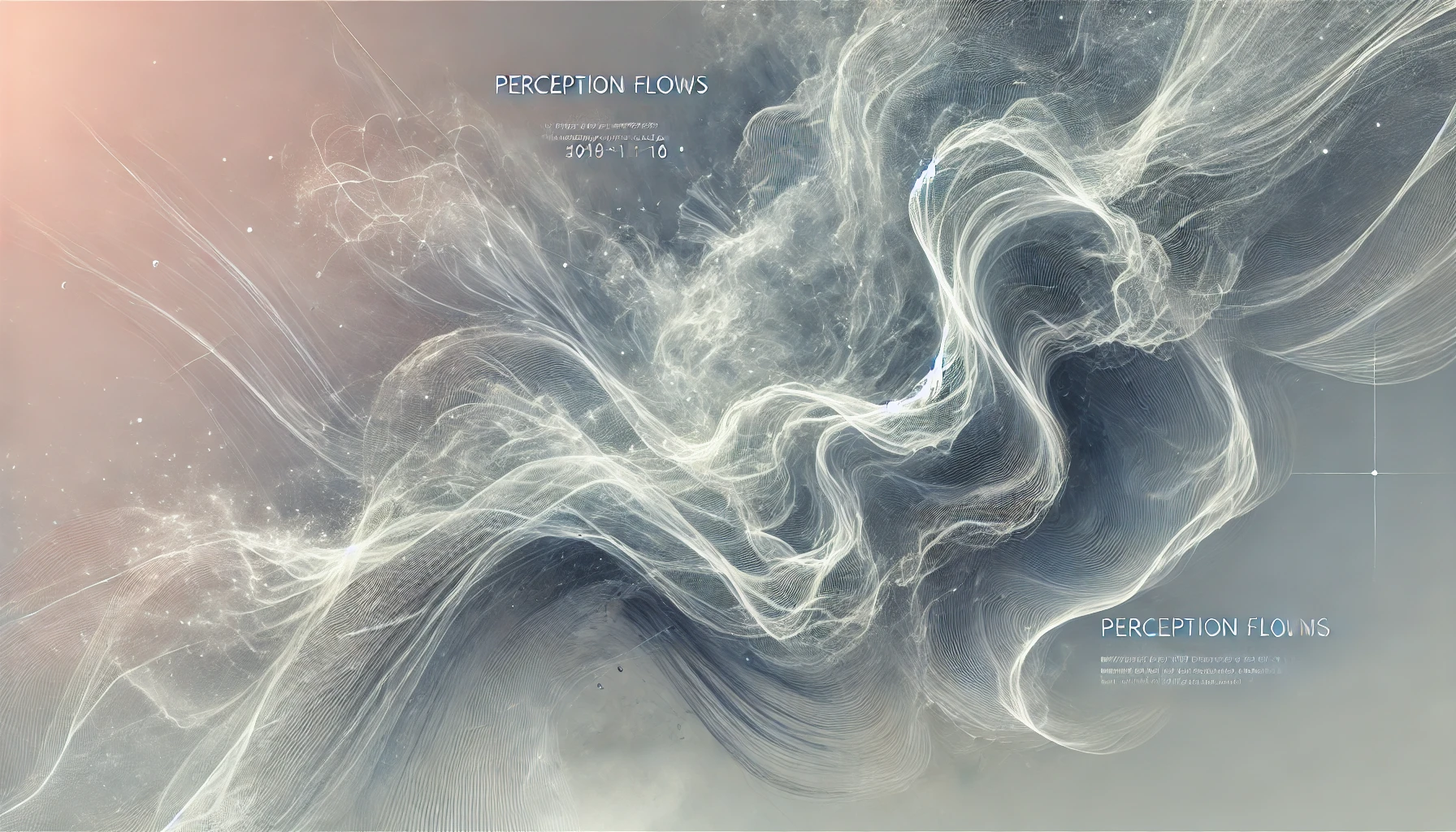

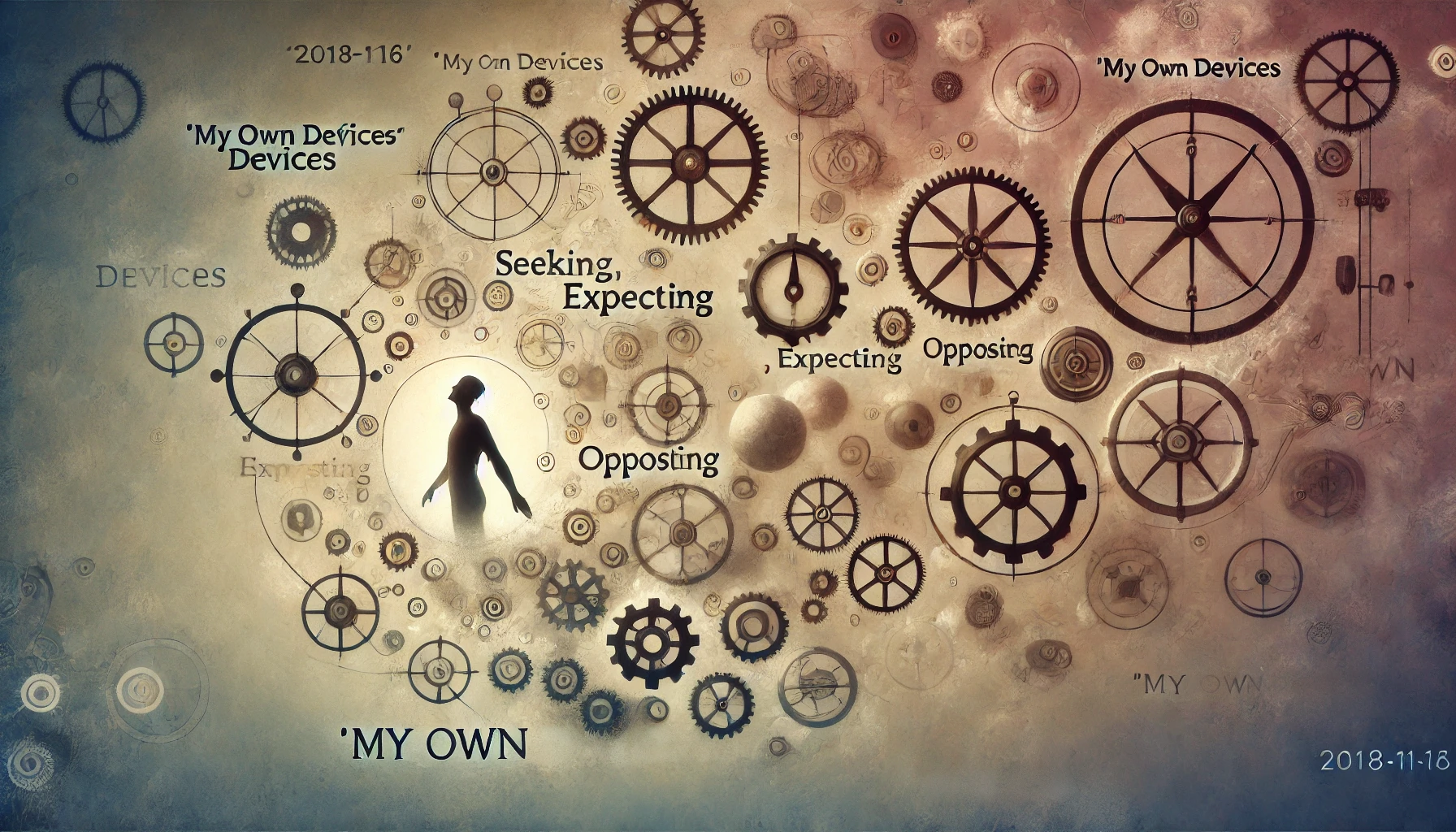

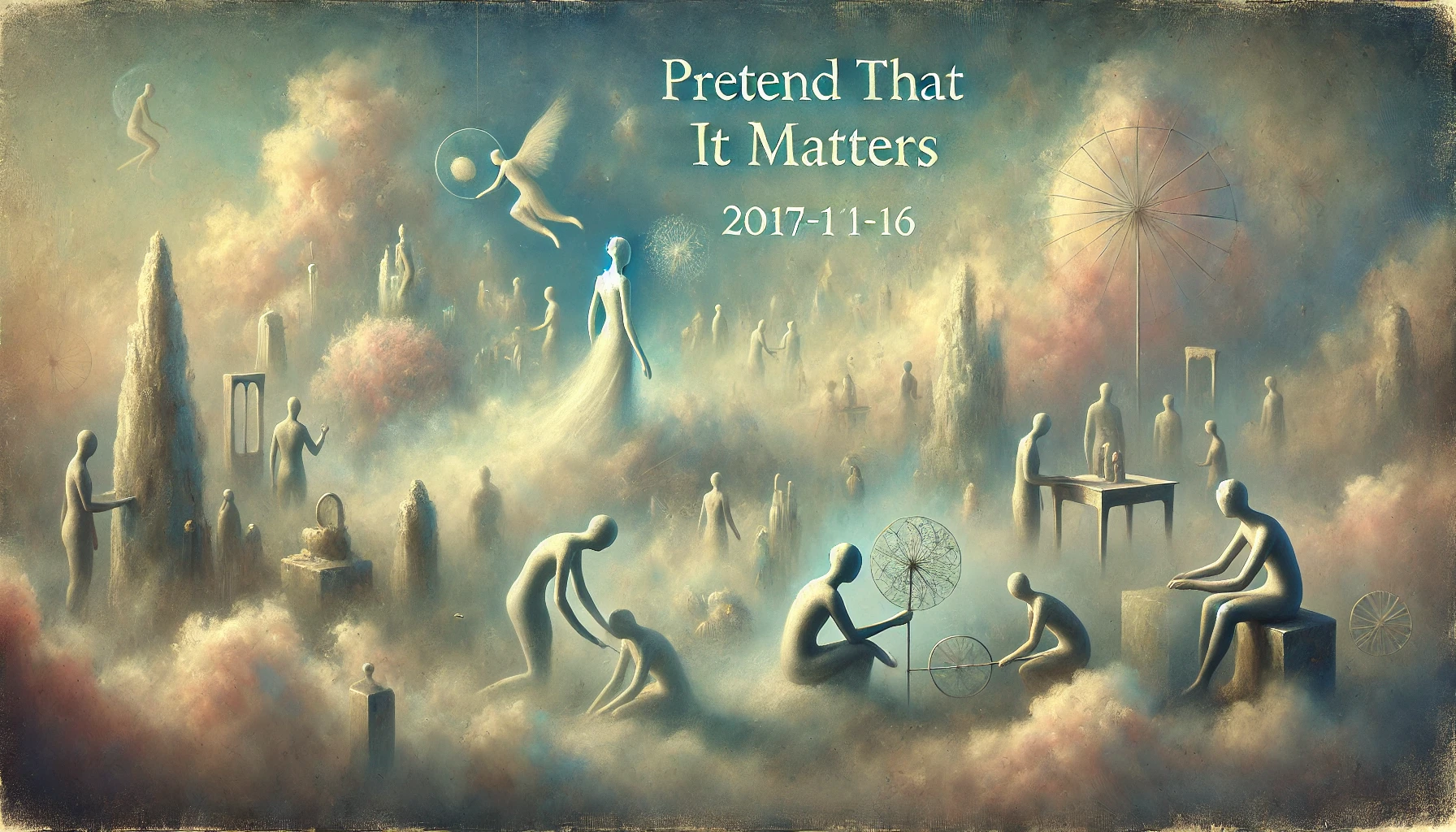

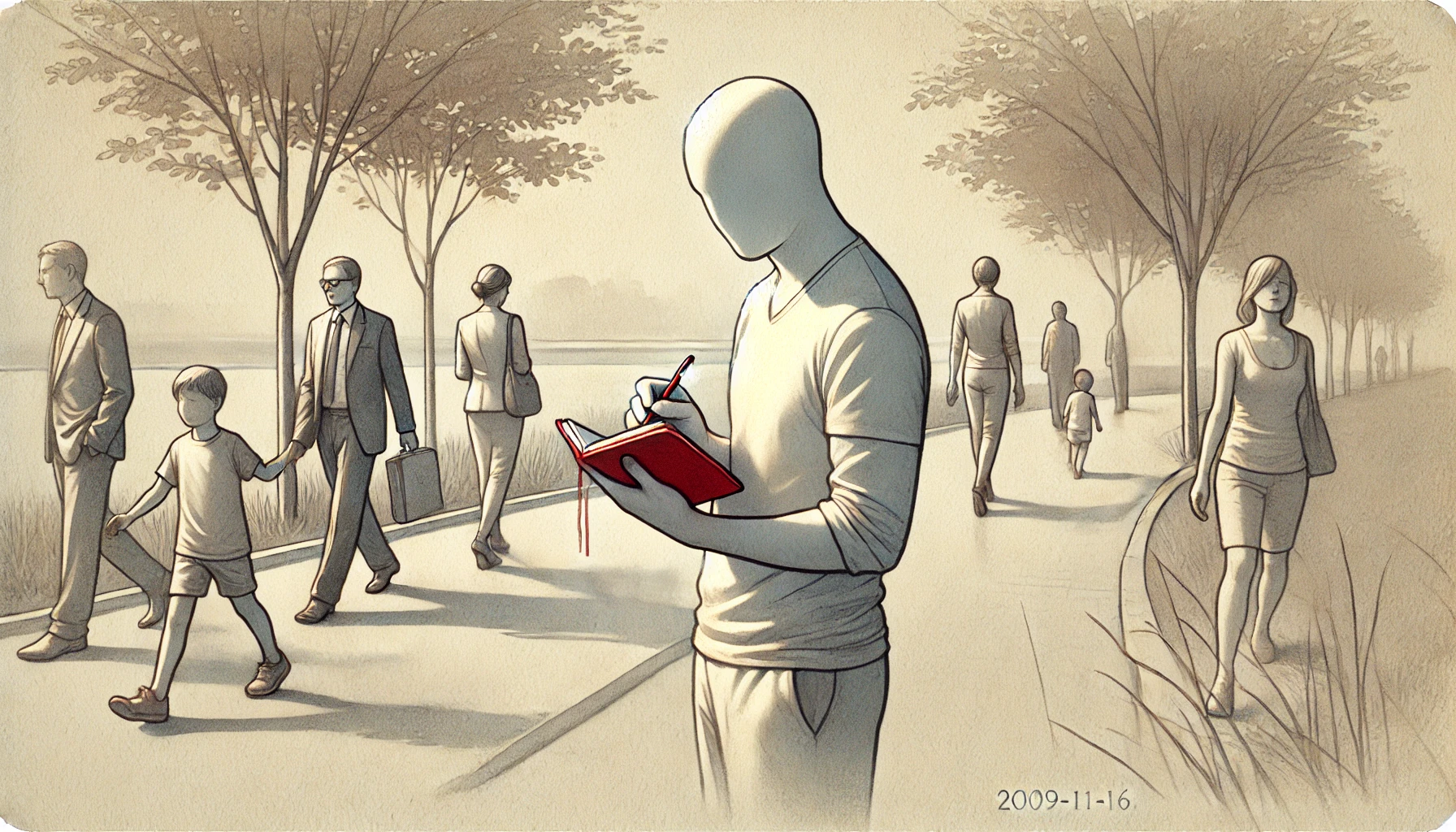
Leave a Reply